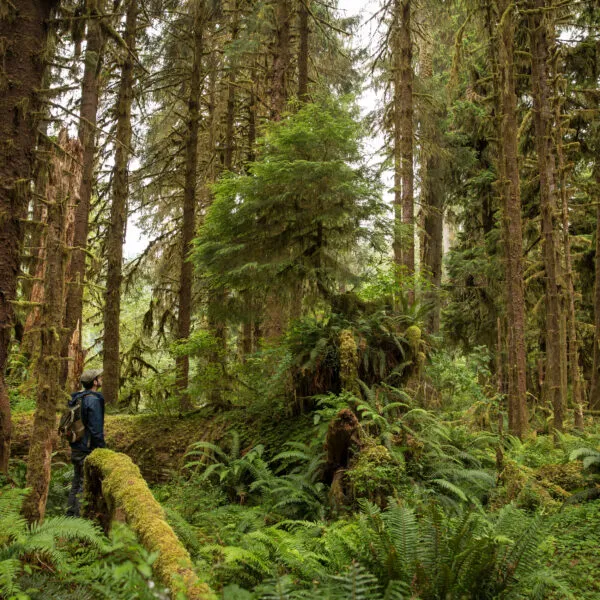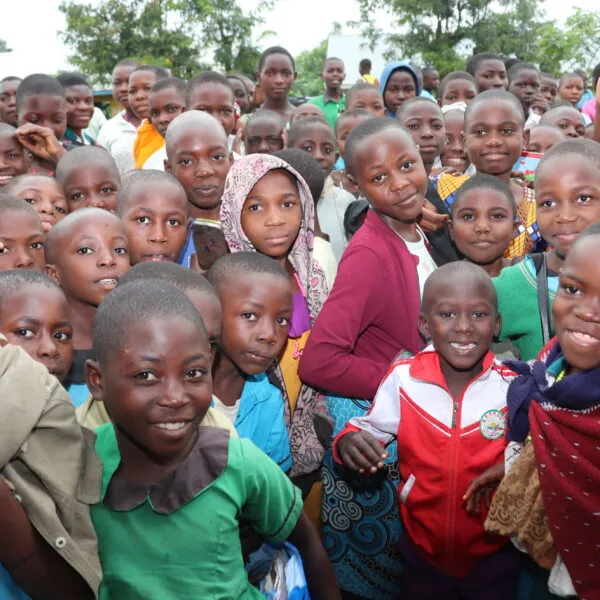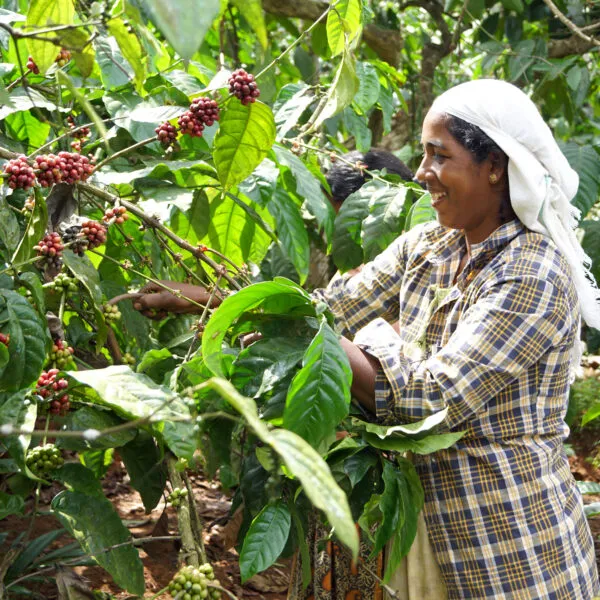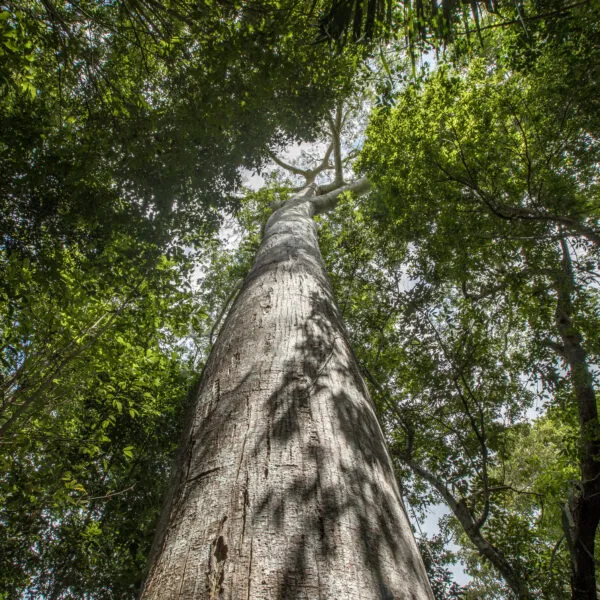The Rainforest Alliance is committed to driving positive impacts in the cocoa sector in West Africa and other cocoa growing regions around the world. Over recent years, the UTZ and Rainforest Alliance cocoa programs have expanded significantly and with that expansion comes greater responsibility. In May 2018 following the merger with UTZ, the Rainforest Alliance began working on a joint and stricter assurance approach for West Africa.
Our certification systems are built on trust and transparency; they are designed to provide the highest level of assurance regarding the origins and conditions under which certified cocoa is produced. As a result of our strong systems, we have discovered that non-certified cocoa has potentially been entering certified supply chains. We have identified groups with cases of mismanagement, and severe non-compliances in the areas of traceability, deforestation and farming in protected areas. As a consequence, some certificate holders have been decertified. These breaches jeopardize trust in our programs and are unacceptable. More importantly, these breaches could reduce the positive impact of our programs in the future.
We have made the decision to place a temporary pause on further expansion of our certification programs in Ghana and Côte d’Ivoire for one year in order to focus our efforts on improving the quality of our current certified groups through controlled growth. We will also put in place stricter GPS mapping requirements for all certified groups.
The Rainforest Alliance recognizes this decision may have an effect on sourcing options for companies. However, the pause in expansion is temporary; the goal is to lift the pause in one year and re-open both the Rainforest Alliance and UTZ Certified certification programs for new producer groups once these actions have had the desired effect of significant improvements. We expect this to happen in time for the October 2020/2021 harvest cycle. All partners will be informed of the status of the re-opening by April 2020 at the latest.
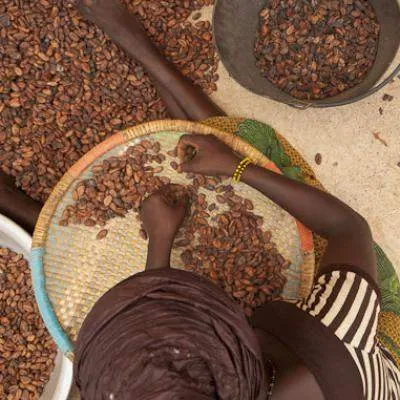
It is our top priority to protect the credibility of our programs and the partners associated with it. Moreover, in the long run, we believe this decision, complemented by corrective action, will benefit many actors in the supply chain – primarily cocoa farmers and cocoa producing communities in West Africa.
The Rainforest Alliance believes that partnership and collaboration are key in addressing the major sustainability challenges faced by farmers and producers in the cocoa sector. Certification alone cannot solve these challenges; to drive change we need to work together with producers as well as companies, governments and NGOs. We take our role in this context very seriously.
The Rainforest Alliance is a partner in the Cocoa & Forests Initiative, which is a multi-stakeholder initiative including the governments of Côte d’Ivoire and Ghana, which aims to end deforestation and restore forests. In addition, the Rainforest Alliance is also a partner in the International Cocoa Initiative, a foundation that unites the forces of the cocoa and chocolate industry, civil society, farming communities, and national governments in cocoa-producing countries to ensure a better future for children and to advance the elimination of child labor.
The Rainforest Alliance remains committed to improving environmental and social issues on certified cocoa farms in West Africa. We believe we have a shared responsibility, along with other actors in the global supply chain, to help bring the cocoa sector in West Africa to a more sustainable reality.
December 2019 Update
After eight months of implementing the Cocoa Assurance Plan in Ghana and Côte d’Ivoire results have started to come in through the audit reports against the recent harvest. In the initial data we have received we have seen progress and have also identified several challenges, and we have implemented immediate corrective actions to strengthen our assurance program. During this period, in response to the new and stricter GPS requirements for all certificate holders, 90% of all UTZ recertification requests received by Rainforest Allianceare compliant with these requirements. Additionally, the completion of over 25 shadow audits and stricter supervision and auditing of certification bodies have led to several decertifications and the identification of concerns on the quality of auditing by individual certification bodies and the issuance of warnings or suspensions to a number of certification bodies in both countries (please see here for additional details).
As per the original timetable the Cocoa Assurance Plan progress report will be finalized in January and will guide our decisions on next steps. Due to better data collection and improved Rainforest Alliance capacity for data assessment, we also see that there are still challenges to be addressed at the certificate holder level; for example, at the moment the Rainforest Alliance team is expanding its capacity to assist and deliver better support to certificate holders struggling with proper data collection. We are also building capacity to follow up on incoming data that potentially indicates certificate holder non-compliance with respect to farm location which has led to the recent decertification of a certificate holder. These plans and actions will be further adjusted and improved based on the results of the full progress report and learnings are actively being built into the assurance protocol of our new certification system.
With the credibility of our certification programs at the heart of this work, we will continue to implement the Cocoa Assurance Plan as originally communicated and maintain the pause on the expansion of the UTZ and Rainforest Alliance programs in Ghana and Côte d’Ivoire until we have received and reviewed the results of the full progress report. We will provide an update once this is completed in February 2020.

